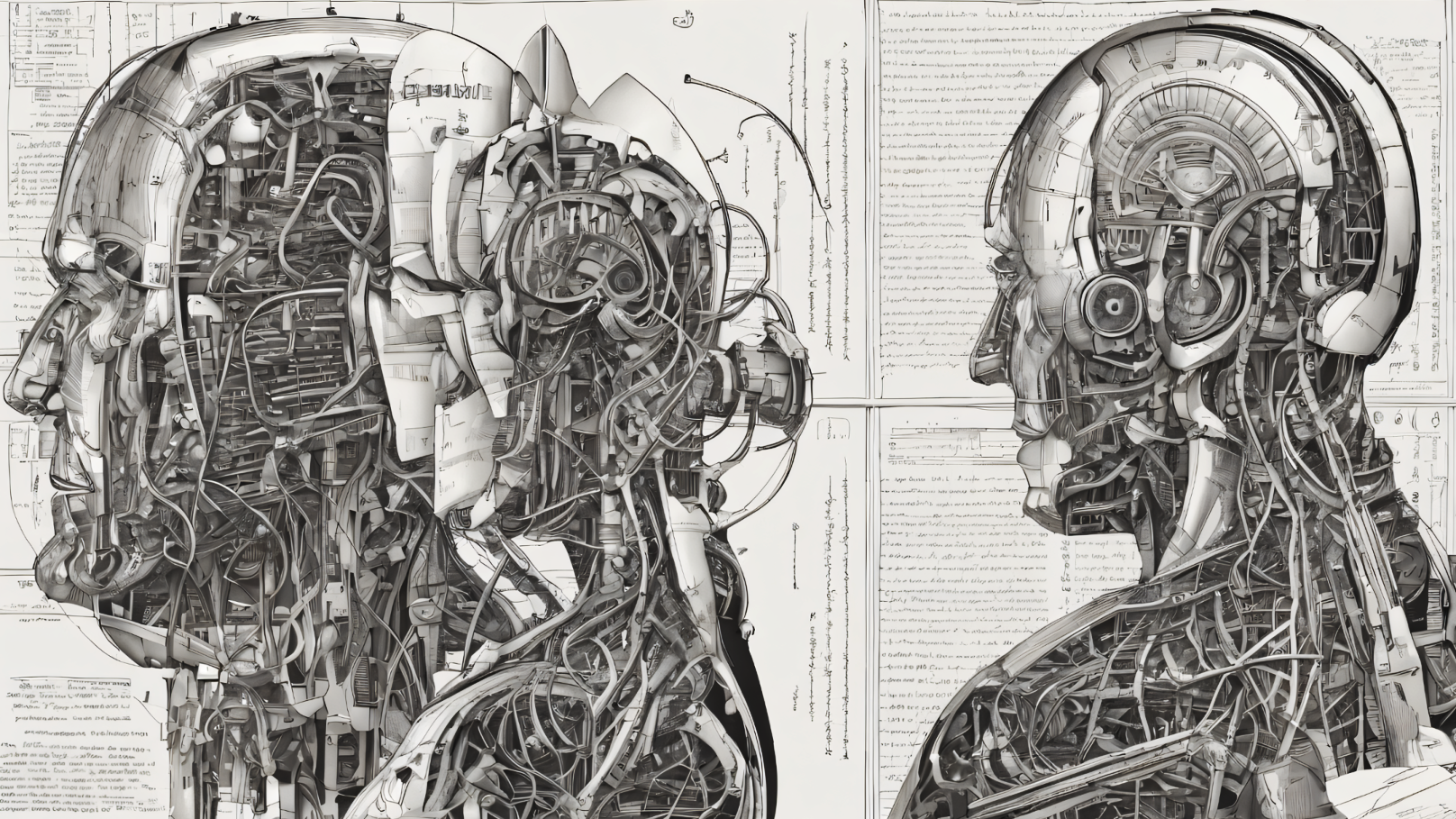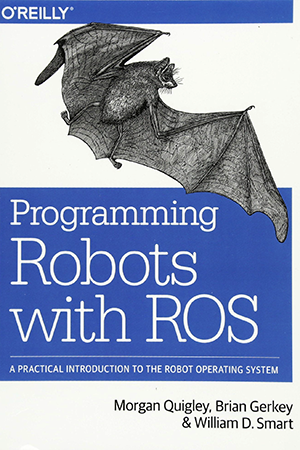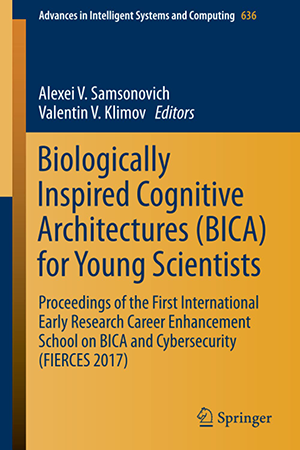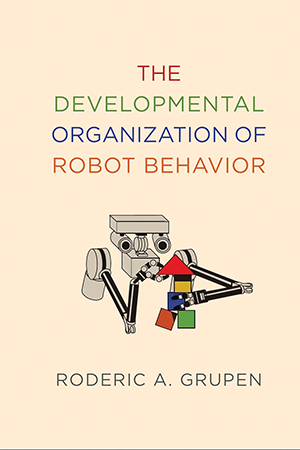
Library
Robotics
Morgan Quigley
Programming Robots with ROS
Want to develop novel robot applications, but don’t know how to write a mapping or object-recognition system? You’re not alone, but you’re certainly not without help. By combining real-world examples with valuable knowledge from the Robot Operating System (ROS) community, this practical book provides a set of motivating recipes for solving specific robotics use cases. Ideal for enthusiasts, from students in robotics clubs to professional robotics scientists and engineers, each recipe describes a complete solution using ROS open source libraries and tools. You’ll learn how to complete tasks described in the recipes, as well as how to configure and recombine components for other tasks. If you’re familiar with Python, you’re ready to go. Learn fundamentals, including key ROS concepts, tools, and patterns Program robots that perform an increasingly complex set of behaviors, using the powerful packages in ROS See how to easily add perception and navigation abilities to your robots Integrate your own sensors, actuators, software libraries, and even a whole robot into the ROS ecosystem Learn tips and tricks for using ROS tools and community resources, debugging robot behavior, and using C++ in ROS

Alexei V. Samsonovich
Biologically Inspired Cognitive Architectures (BICA) for Young Scientists
This book presents cutting-edge research focused on current challenges towards the realization of Biologically Inspired intelligent agents, or Cognitive Architectures (BICA). The chapters are written by both world-recognized experts (including Antonio Chella, Olivier Georgeon, Oliver Kutz, Antonio Lieto, David Vernon, Paul Verschure, and others) and young researchers. Together, they constitute a good mixture of new findings with tutorial-based reviews and position papers, all presented at the First International Early Research Career Enhancement School on Biologically Inspired Cognitive Architectures (FIERCES on BICA 2016), held April 21-24 in Moscow, Russia. Most works included here cross boundaries between disciplines: from neuroscience to social science, from cognitive science to robotics, and from bioengineering to artificial intelligence. A special emphasis is given to novel solutions to urgent problems that have been resisting traditional approaches for decades. Intended for providing readers with an update on biologically inspired approaches towards the computational replication of all the essential aspects of the human mind (the BICA Challenge), this book is expected to foster lively discussions on the topic and stimulate cross-disciplinary, cross-generation and cross-cultural collaboration.

Roderic A. Grupen
The Developmental Organization of Robot Behavior
A comprehensive introduction to the mathematical foundations of movement and actuation that apply equally to animals and machines. This textbook offers a computational framework for the sensorimotor stage of development as applied to robotics. Much work in developmental robotics is based on ad hoc examples, without a full computational basis. This book's comprehensive and complete treatment fills the gap, drawing on the principal mechanisms of development in the first year of life to introduce what is essentially an operating system for developing robots. The goal is to apply principles of development to robot systems that not only achieve new levels of performance but also provide evidence for scientific theories of human development.
